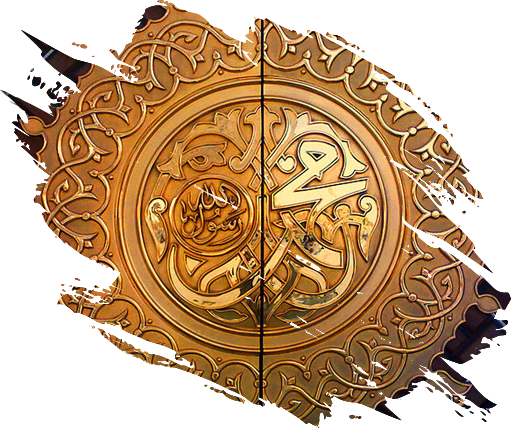
If we look at the word ‘Waqf’, in its literal sense it is referred to as ‘detention’, ‘stoppage’ or ‘tying up’. According to the legal definition, it means a dedication of some property for a pious purpose in perpetuity. The property so alienated should be available for religious or charitable purposes. Such a property is tied up forever and becomes non-transferable.




Ibn ‘Umar reported: ‘Umar acquired a land at Khaibar. He came to Allah’s Messenger (Sall Allah-o-alaihe wa sallam) and sought his advice in regard to it. He said: “Allah’s Messenger (Sall Allah-o-alaihe wa sallam), I have acquired land in Khaibar. I have never acquired property more valuable for me than this, so what do you command me to do with it?” Thereupon he (Allah’s Apostle, Sall Allah-o-alaihe wa sallam) said: “If you like, you may keep the corpus intact and give its produce as sadaqa.” So ‘Umar gave it as sadaqa declaring that property must not be sold or inherited or given away as gift. And ‘Umar devoted it to the poor, to the nearest kin, and to the emancipation of slaves, and in the way of Allah and guests. There is no sin for one who administers it if he eats something from it in a reasonable manner, or if he feeds his friends and does not hoard up goods (for himself).
The above hadith set the precedent for the companion 0f the Prophet 9pbuh) and Muslims from all walks of life, over the centuries, to establish the waqf system for any shariah compliant purpose. This command of the Prophet (pbuh) and the action of ‘Umar set into motion the first Social Development Waqf by means of an income producing economic asset.
The Baitul Maal New Zealand New Zealand Trust is governed by a board consisting of five trustees with expertise in accounting, finance, entrepreneurship, Shari’a and New Zealand law. They also have extensive hands-on volunteer experience with Muslim organisations in New Zealand.
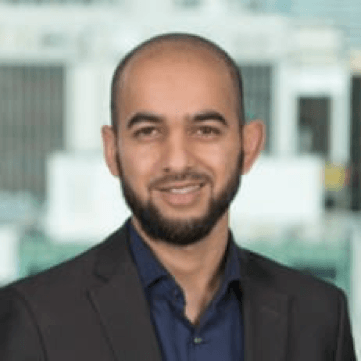
Muhammad cajee was born and raised in Johannesburg (South Africa), but has been living in New Zealand since 2016.
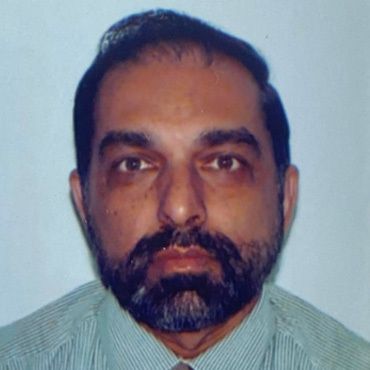
Mohammed, afiz Chartered Accountant by profession, is a member of Chartered Accountants Australia and New Zealand.
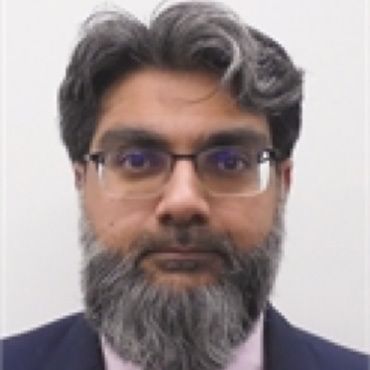
Tariq is an experienced New Zealand-born and raised strategy professional, with a career spanning the public sector, local government and a Crown agent.
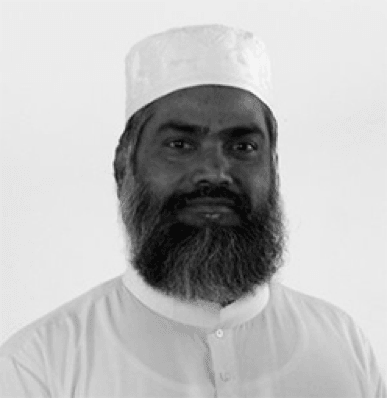
Sheikh Amir is the Chairman of the Religious Advisory Board of the Federation of Islamic Association of New Zealand (FIANZ) and Chairman of the Hilal Committee.

Ahmad is an experienced entrepreneur with a demonstrated history of managing companies in the construction, real estate, embedded software technology and financial sectors. Ahmad is a strong professional skilled in negotiation, business planning, entrepreneurship, equities and management. Ahmad is currently a member of the Shura Council of the Auckland-based New Zealand Muslim Association Inc.

You can Deposit your contribution into this Account # 02 0500 0737236 10. Please remember to include one of the following in the Particulars, Code or Reference, so we can allocate it correctly: